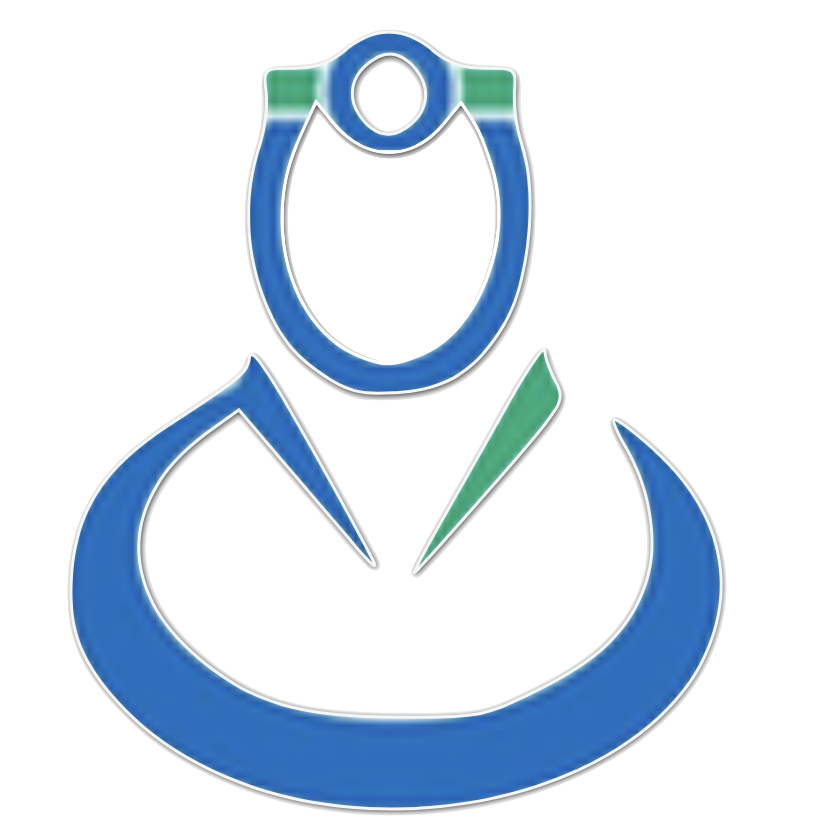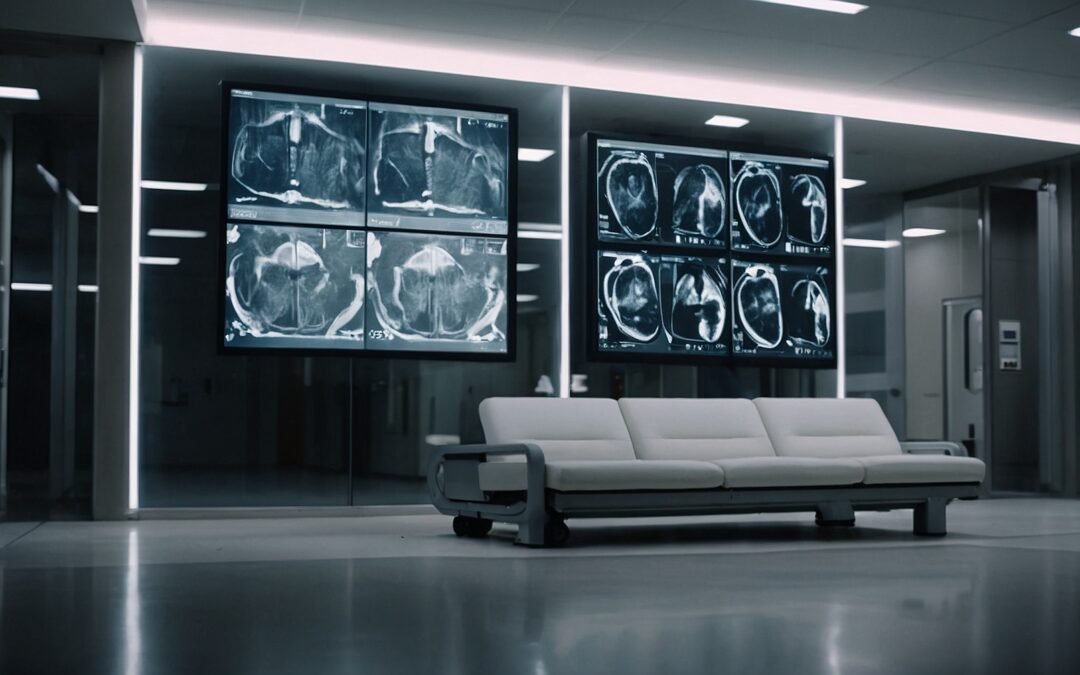Emerging Technologies in Healthcare
The healthcare industry is undergoing a rapid transformation driven by emerging technologies that promise to revolutionize patient care, improve outcomes, and optimize healthcare delivery. These technologies range from artificial intelligence and machine learning to blockchain and the Internet of Things (IoT). Here are some of the most significant emerging technologies in healthcare:
1. Artificial Intelligence (AI) and Machine Learning (ML):
– Clinical Decision Support: AI and ML algorithms can analyze vast amounts of patient data, including electronic health records, medical images, and genetic information, to provide personalized treatment recommendations and support clinical decision-making.
– Diagnostic Imaging: AI-powered image analysis tools can assist radiologists in detecting abnormalities, such as tumors or fractures, in medical images, improving the speed and accuracy of diagnoses.
– Predictive Analytics: AI and ML models can predict patient outcomes, identify high-risk individuals, and forecast disease progression, enabling proactive interventions and personalized care plans.
2. Internet of Things (IoT) and Wearables:
– Remote Patient Monitoring: IoT-enabled wearable devices and sensors can continuously monitor patients’ vital signs, activity levels, and medication adherence, allowing healthcare providers to track patient health remotely and intervene early when necessary.
– Smart Hospital Environments: IoT sensors and connected devices can optimize hospital operations, such as asset tracking, inventory management, and environmental monitoring, improving efficiency and patient safety.
– Personalized Health Tracking: Consumer-focused wearables and health apps can empower individuals to take a more active role in their health management, tracking fitness goals, sleep patterns, and other health metrics.
3. Blockchain:
– Secure Health Data Exchange: Blockchain technology can enable secure, decentralized storage and sharing of electronic health records, ensuring data integrity, privacy, and interoperability across healthcare systems.
– Supply Chain Management: Blockchain can enhance the traceability and authenticity of medical supplies and pharmaceuticals, combating counterfeit products and improving patient safety.
– Clinical Trial Management: Blockchain-based platforms can streamline clinical trial processes, ensuring data integrity, patient consent management, and secure data sharing among researchers.
4. Virtual and Augmented Reality (VR/AR):
– Medical Education and Training: VR and AR technologies can provide immersive, interactive learning experiences for medical students and healthcare professionals, allowing them to practice procedures and simulate clinical scenarios in a safe environment.
– Patient Education and Therapy: VR and AR applications can help patients understand their conditions, visualize treatment options, and engage in therapeutic exercises, such as pain management and physical rehabilitation.
– Surgical Planning and Navigation: AR-assisted surgical systems can provide real-time guidance and visualization during complex procedures, enhancing surgical precision and patient outcomes.
5. 5G Networks and Edge Computing:
– Telemedicine and Remote Care: 5G networks can enable high-quality, low-latency video consultations and remote monitoring, expanding access to care and improving patient convenience.
– Real-Time Data Processing: Edge computing, combined with 5G connectivity, can allow for real-time processing and analysis of health data from wearables and medical devices, enabling faster decision-making and interventions.
– Augmented Reality Applications: 5G networks can support the deployment of AR and VR applications in healthcare, such as remote surgical assistance and immersive telemedicine experiences.
6. Precision Medicine and Genomics:
– Personalized Treatment Plans: Advances in genomic sequencing and analysis can enable the development of personalized treatment plans based on a patient’s genetic profile, optimizing drug selection and dosing.
– Targeted Therapies: Precision medicine approaches can identify specific genetic mutations or biomarkers that can be targeted with specialized therapies, improving treatment effectiveness and reducing side effects.
– Pharmacogenomics: Understanding how an individual’s genetic makeup influences their response to medications can help optimize drug therapy, reducing adverse drug reactions and improving patient outcomes.
7. Robotics and Automation:
– Surgical Robotics: Robotic-assisted surgical systems can enhance surgical precision, reduce complications, and improve patient recovery times, particularly in minimally invasive procedures.
– Pharmacy Automation: Automated medication dispensing systems and robotic pharmacies can improve medication safety, reduce errors, and streamline medication management processes.
– Autonomous Mobile Robots: Autonomous mobile robots can transport medical supplies, medications, and specimens within healthcare facilities, improving efficiency and reducing the risk of contamination.
8. Natural Language Processing (NLP) and Voice Assistants:
– Clinical Documentation: NLP-powered tools can automatically extract relevant information from clinical notes, radiology reports, and other unstructured data sources, reducing the burden of manual data entry and improving documentation accuracy.
– Voice-Enabled Assistants: Voice assistants and chatbots can help patients navigate healthcare services, provide personalized health information, and assist with appointment scheduling and medication reminders.
– Medical Transcription: NLP algorithms can automate the transcription of medical dictation, saving time for healthcare providers and improving the accuracy of medical records.
These emerging technologies have the potential to transform various aspects of healthcare, from patient care and diagnosis to drug discovery and hospital operations. However, the adoption and implementation of these technologies also present challenges, such as ensuring data privacy and security, validating clinical effectiveness, and addressing ethical considerations.
To successfully integrate these technologies into healthcare systems, collaboration among healthcare providers, technology companies, researchers, and policymakers is essential. Developing standards for interoperability, establishing regulatory frameworks, and investing in digital health infrastructure are crucial steps in realizing the full potential of these emerging technologies.
As healthcare continues to evolve, embracing and leveraging these emerging technologies will be key to improving patient outcomes, enhancing the efficiency of healthcare delivery, and driving innovation in the healthcare industry. However, it is important to approach the adoption of these technologies with a patient-centered focus, ensuring that they are used in a way that prioritizes patient safety, privacy, and well-being.
by Jose A Cisneros, MD,PhD


Recent Comments